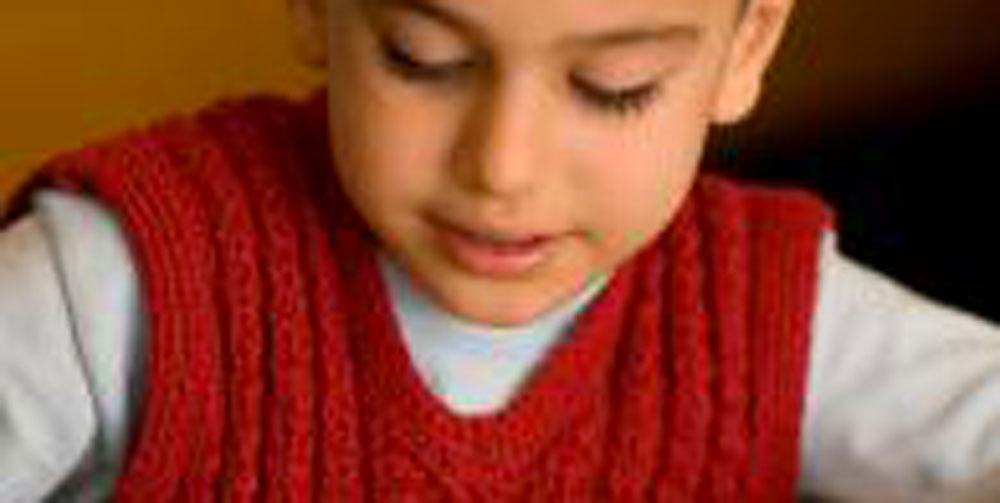
About the Project
This project is one of the 2010 WISE Awards winners.
The Mother Child Education Program (MOCEP) is a 25-week-long, home-based, low-cost training program for children from five to six years of age who do not have access to preschool education services, and their mothers. The program targets both the mother and the child, with educational outcomes geared towards both groups. It enriches children cognitively, in order to boost school readiness and optimal psychosocial development, and trains mothers, creating sustainable nurturing and healthy home environments.
MOCEP has proved innovative in developing a low-cost, effective, home-based program for young children with new training materials and methodology. As such, it formed the basis for the government’s family education program. It has also inspired the use of new media, such as distance learning via TV, and the development of new models of family education at ACEV, such as the Father Support program.
Context and Issue
Young children from low socio-economic backgrounds often do not have access to quality preschool education. They begin their first year of primary school at a level significantly below their luckier peers who have had ample stimulation, having benefited from center-based preschool services. The former are also exposed to risk factors such as poverty, political or armed tension, and parents with low education levels, which further hinder their developmental opportunities.
There is strong scientific evidence that the early years (up to the age of six) are the most formative, with rapid cognitive, social, emotional and motor skill development. Hence, proper care and stimulation in this period has life-changing consequences, especially for children from underprivileged backgrounds, as early education has the power to break the cycle of intergenerational poverty. Since parents play an important role as “first educators” of their children, it is also crucial to empower them so they can improve the immediate developmental environment of their children.
The Solution and Impact
The principle behind MOCEP is that early childhood education is crucial for children’s future prospects of a healthy, happy, successful life in school and beyond and that mothers especially play a critical role in the early years of their children and need to be empowered with child-rearing skills and information to be able to better support the healthy development of their children. Studies have found that, with MOCEP, children are better prepared for school, show lower drop-out rates and achieve consequent success in education, all resulting in better life chances than their peers. Its impact has also been proven on mothers as they report better relations with children and spouses as a result of positive parenting, and improved communication skills and self-esteem, all resulting in the empowerment of women as individuals and mothers.
Through MOCEP, ACEV alone has trained over 1,000 adult education teachers and reached over 400,000 children and mothers through face-to-face training in Turkey. Further numbers of beneficiaries have been reached in Turkey via implementations conducted by the State. MOCEP has also reached over 5,000 mothers and children outside Turkey through ACEV’s partnerships. Results of quantitative and qualitative analyses of MOCEP implementations in Turkey and abroad proved that the program has been successful in empowering the mother and preparing the child for primary school and beyond, as well as improving intrafamilial relationships as a whole.
MOCEP has been institutionalized as a state-run family program and has thus been transferred to the Turkish Ministry of Education to be expanded throughout Turkey. In addition, MOCEP has been translated and replicated by NGOs working with families in 12 European, Middle Eastern and Latin American countries, namely Bahrain, Belgium, France, Germany, Jordan, Lebanon, Mexico, the Netherlands, Saudi Arabia, Switzerland, the Turkish Republic of Northern Cyprus, and the United Kingdom. Currently, NGOs in Palestine and Brazil are actively seeking funds to translate and implement MOCEP in their countries.
Future Developments
Early Childhood Education is an important tool to promote peace and avoid violent behavior through the provision of democratic values and skills that enhance communication. One of MOCEP’s next steps is to expand its programs for victims of conflict as external funds become available. It will continue to share the story of MOCEP with academics, practitioners, policy makers and philanthropists as there is continued interest by worldwide experts in understanding, analyzing and transferring the program for further global expansion. MOCEP will continue to partner with global networks of philanthropists, academics, practitioners and policy makers. Generating funds will be critical in conducting these initiatives.


